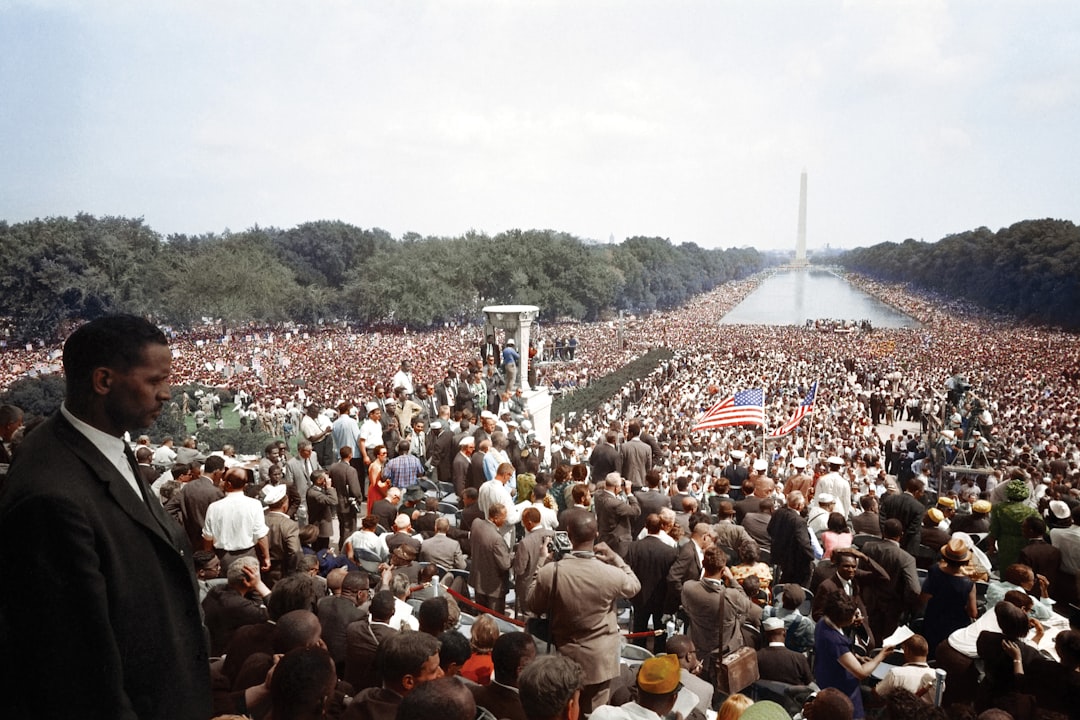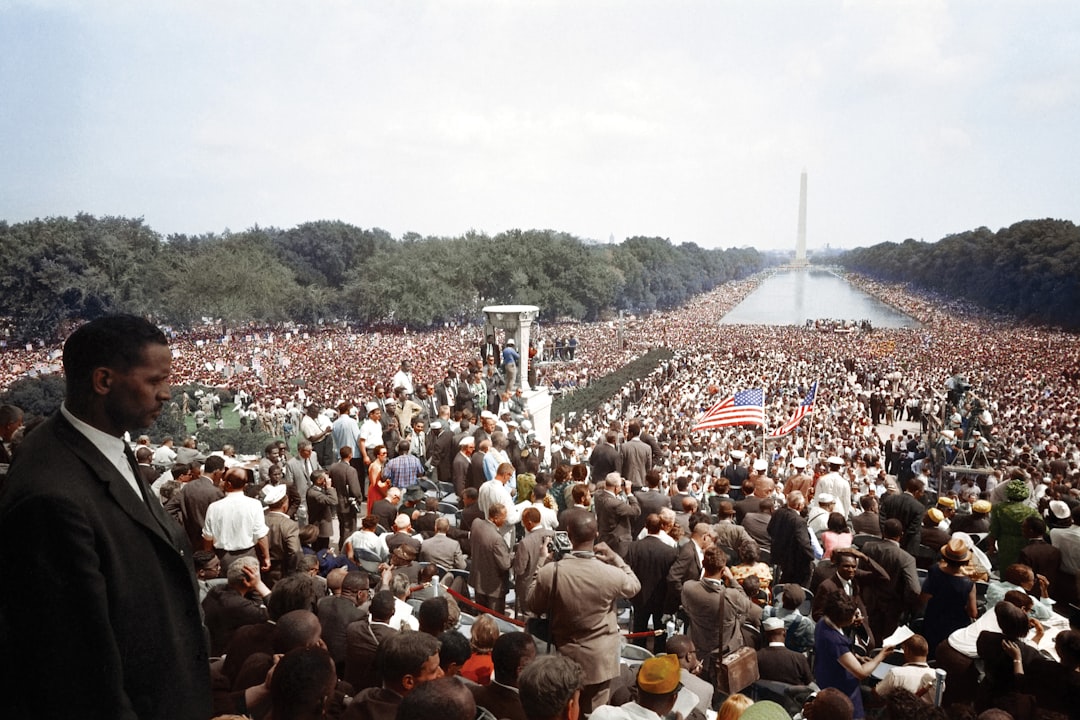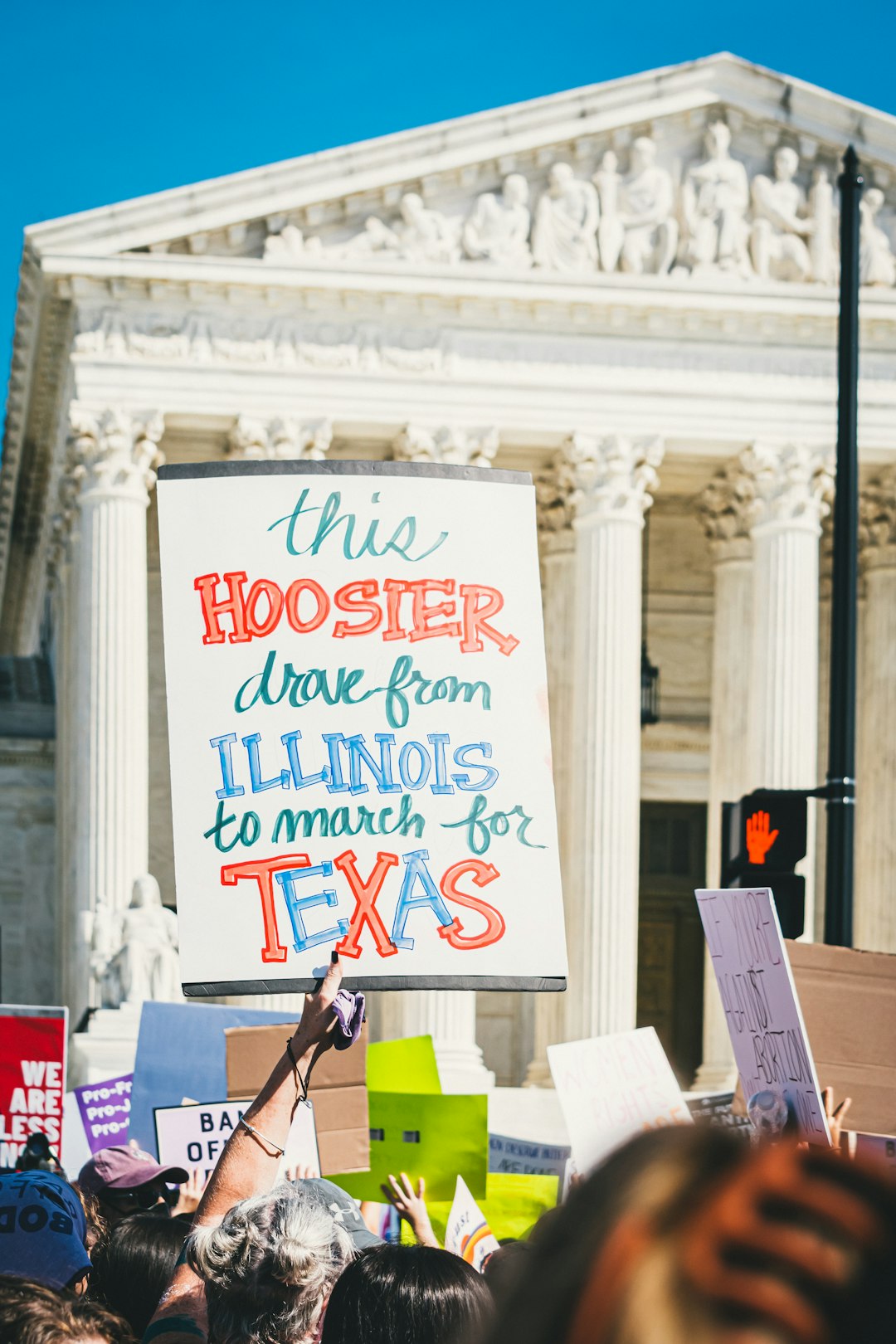In Washington, DC, robocalls are reaching epidemic levels, negatively impacting seniors' mental health and exacerbating feelings of isolation and loneliness. Despite privacy laws like the Telephone Consumer Protection Act (TCPA) and local Spam Call law firms, these automated calls continue to plague the elderly population. Addressing this issue is crucial for implementing effective regulatory solutions and raising awareness about tools to combat excessive robocalls targeting seniors in DC. By recognizing the psychological impact of spam calls and taking proactive measures, the city can foster better mental well-being among its senior citizens.
In today’s digital age, a persistent and concerning issue affecting Washington D.C.’s elderly population is the surge in robocalls, leading to heightened depression rates. This article delves into the intricate link between these automated calls and mental health issues among seniors. We explore the prevalence of spam calls targeting older adults in DC, their impact on psychological well-being, and the potential for legal protections as a mitigation strategy. Understanding this connection is crucial for both healthcare providers and consumers alike, especially with the help of a Spam Call law firm in DC.
Understanding Robocalls and Their Impact on Elderly Individuals

Robocalls, a term derived from automated phone systems that dial randomly or from lists, have become an increasingly common nuisance, especially for the elderly in Washington, DC. These automated calls, often marketing or promotional in nature, can have a significant impact on seniors’ mental health. Many elderly individuals, already susceptible to feelings of isolation and loneliness, may find themselves overwhelmed by the relentless nature of these unwanted calls.
In today’s digital era, where privacy laws like the Spam Call law firm DC has implemented are meant to protect consumers, some robocallers still manage to exploit vulnerabilities. The constant interruptions and disruption caused by these calls can lead to heightened stress levels and even contribute to symptoms of depression. Understanding this link is crucial, as it highlights the need for both regulatory measures and awareness campaigns targeting seniors about their rights and tools available to combat excessive robocalls.
The Prevalence of Spam Calls Targeting the Elderly in DC

In the bustling metropolis of Washington D.C., the elderly population faces a persistent and perplexing problem—an influx of spam calls targeting them on a daily basis. This phenomenon has become an increasingly prevalent nuisance, with many seniors receiving countless unwanted calls from unknown numbers. The situation has grown to such an extent that it warrants attention from both community leaders and legal experts, especially those specializing in the Spam Call law firm DC.
The sheer volume of these robocalls can be overwhelming and detrimental to the mental well-being of the elderly. Studies have shown a direct link between excessive spam calls and elevated levels of stress and depression among older adults. With a growing number of seniors becoming victims, it is crucial to understand the scope of this issue. Legal firms in DC are now stepping up to advocate for stricter regulations and better consumer protection to combat this rising problem.
Depression and Mental Health Concerns Among Older Adults

Depression and mental health concerns are significant issues among older adults, with rates rising in recent years. The elderly population in Washington DC, like many urban areas, faces unique challenges, including social isolation, chronic illnesses, and financial stress. These factors can contribute to a higher vulnerability to developing depression, which may go undiagnosed or untreated due to a lack of awareness or access to care. According to studies, depression among older adults is associated with increased risks of cognitive decline, functional impairment, and even mortality.
In the digital age, an emerging concern is the impact of unwanted phone calls, particularly robocalls, on mental health. While the Spam Call law firm DC plays a crucial role in mitigating this issue through legal action, the psychological toll of persistent robocalls cannot be understated. Older adults, already at risk for depression, may experience heightened stress and anxiety from these unsolicited calls, potentially exacerbating existing conditions or triggering new ones. Understanding this link is essential in developing comprehensive strategies to support the mental well-being of DC’s elderly residents.
Exploring the Connection: How Robocalls Contribute to Senior Depression

The persistent beeps and automated voices from robocalls have become a modern-day nuisance, but for the elderly in Washington D.C., the impact goes beyond mere frustration. Research suggests that frequent robocalls can significantly contribute to depression among seniors, highlighting a disturbing connection in an era where technological advancements are supposed to ease lives.
These automated phone calls, often promoting products or services and bypassing human interaction, can create a sense of isolation and intrusion. For the elderly, who may already face social challenges and loneliness, the constant interruptions can be overwhelming. The Spam Call law firm in DC has noted this growing concern, emphasizing the need for awareness and potential legal recourse for victims. Understanding and addressing this issue is crucial to ensuring that technology serves as a tool for connection rather than exacerbating existing mental health concerns among D.C.’s senior citizens.
Legal Protections and Strategies to Mitigate Robocall Disturbances

In an effort to combat the disturbing trend, several legal protections have been put in place to mitigate the impact of robocalls on the elderly population. The Telephone Consumer Protection Act (TCPA) is a landmark piece of legislation that restricts automated phone marketing and provides individuals with the power to opt-out of receiving unwanted calls. This law has proven invaluable in reducing the volume of spam calls, offering a crucial layer of protection for DC’s elderly residents.
Additionally, many local Spam Call law firms in DC offer strategic solutions to minimize robocall disturbances. These firms assist seniors in registering on the National Do Not Call Registry and provide guidance on blocking or screening calls from known sources of annoyance. They also educate their clients about the legal rights and resources available, empowering them to take proactive measures against intrusive phone marketing practices.






